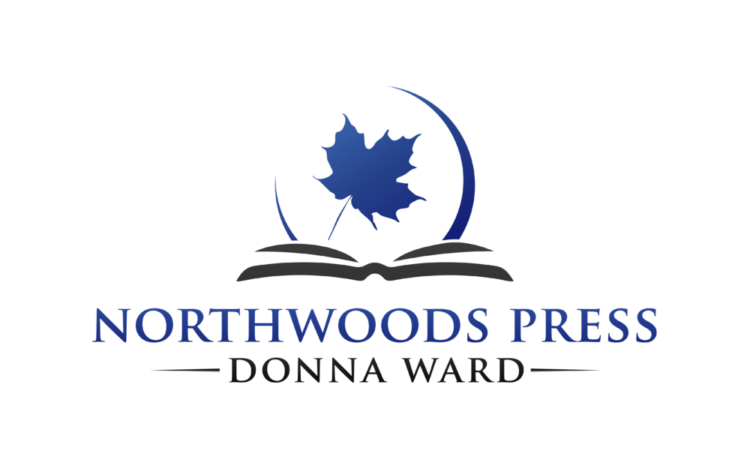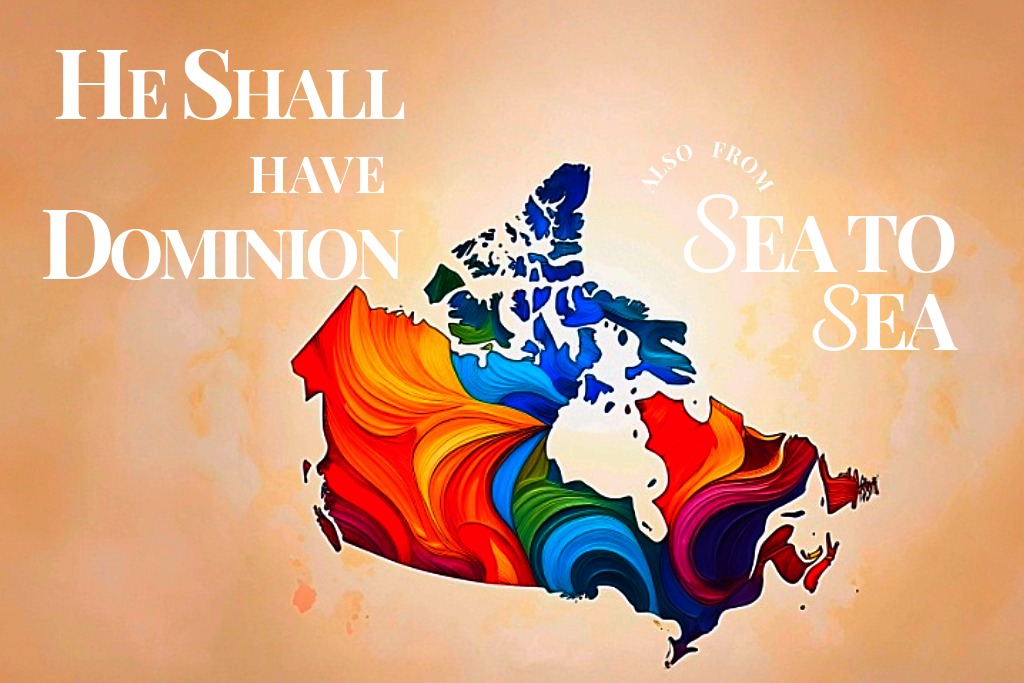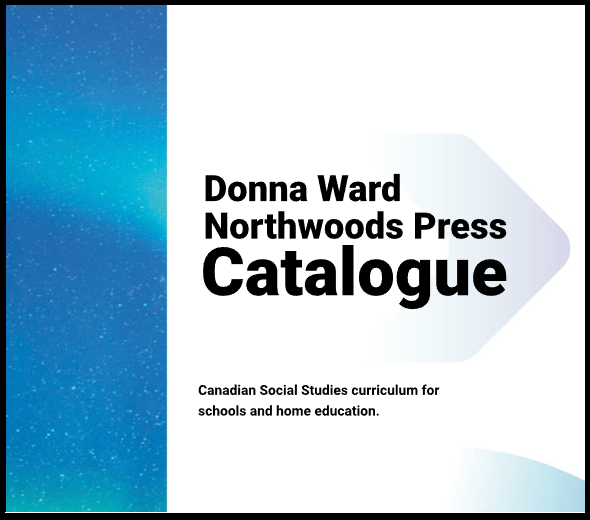Does Northwoods Press offer Christian-based curriculum?
Donna’s curriculum, written from a Christian perspective, endeavors to portray historical figures as accurately as possible, acknowledging both their virtuous attributes and their human flaws, their noble motivations alongside their self-serving ambitions. This approach aims to provide a comprehensive and balanced understanding of the past, avoiding simplistic or idealized characterizations.
Learners from a Christian perspective have confidence that Christian intent will be highlighted where applicable, without overreach of religious claims.
Devotional narratives may appear as supplementary content leaving it to the judgment of the parent or teacher. This reflects a commitment to providing resources that are relevant to all students, regardless of their religious/secular background.
Courses for B.C. by Holly Mitchell (labelled MM for Mitchell Made), which are bundled with Donna’s curriculum, have specific Christian content, biographies, and resources, including a Christian salvation invitation in the Grade 3 course.
The story of Canada’s settlement is inextricably linked to the pursuit of economic gain. This ambition was tempered by the zeal of Christian missionaries, who sought to spread their faith, bring medical relief and education. This complex interplay between material aspirations and spiritual devotion shaped the social, political, and cultural landscape of early Canada, leaving an enduring legacy that continues to influence the nation’s identity today.
Why aren’t there as many biographies and resources of Christian characters and events in Canadian history as I find in USA curriculum?
The difference in the availability of biographies and resources focusing on Christian characters and events in Canadian history compared to U.S. curriculum stems from a combination of historical, cultural, and sustainability factors.
- Historical Context and National Identity:
The United States has a historical narrative deeply tied to explicit Christian influences, such as the Puritan settlers, and the role of religion in shaping its founding documents and leaders (e.g., George Washington or Abraham Lincoln). This has led to a wealth of resources emphasizing Christian figures and events. In contrast, Canada’s history, while influenced by Christianity, such as the French Catholic missions, is often framed more around themes of multiculturalism, Indigenous relations, and colonial governance rather than a singular religious narrative. Canadian identity has historically leaned toward a quieter, less overtly religious tone, which may reduce the focus on Christian-specific biographies. - Cultural Approach to Religion:
Canadian culture tends to be more reserved about public expressions of religion compared to the U.S. This is reflected in historical storytelling, where faith might be acknowledged but not emphasized as a defining trait. For example, while U.S. curricula might highlight George Washington’s faith, Canadian resources might mention Sir John A. Macdonald’s Anglican background but focus more on his role in Confederation. - Population and Publishing Market:
The U.S. has a much larger population (over ten times that of Canada) and a significant Christian homeschooling community, driving a demand for tailored educational resources.
Canada’s smaller population, limited number of home educators, and variety of Christian perspectives means there’s less market incentive or sustainability to produce similar materials.
In summary, the abundance of Christian biographies and resources in U.S. curricula reflects a unique blend of historical religious prominence, market demand, and cultural openness to faith-centric education. Canada’s smaller market and subtler approach to religion mean that while Christian characters and events exist—they are less likely to be packaged into widely available, faith-focused curricula.





